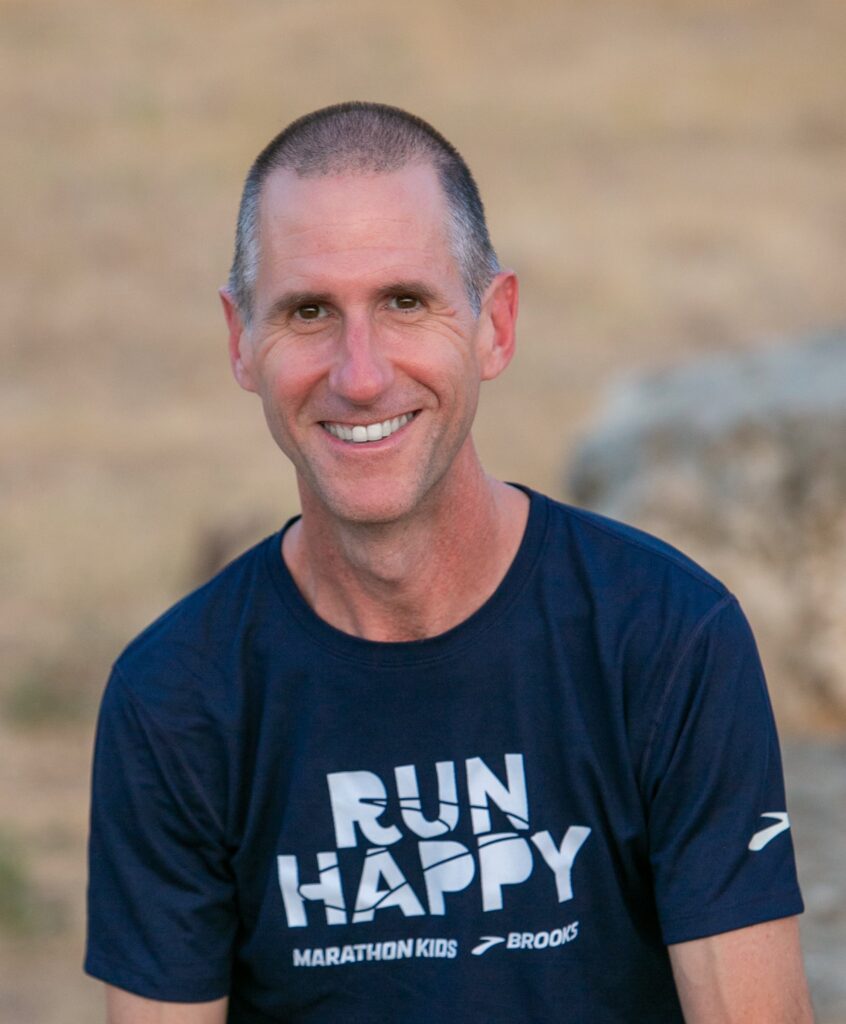I’m reposting Brad Stulberg‘s 10 Rules for Sustaining Excellence because it’s perfect, worth revisiting often, and 100% applicable in running and in life in general.
1. Be the best at getting better:
Being the best is ephemeral; you either get it or you don’t, and then what? But being the best at getting better is a commitment to mastery that lasts a lifetime. The arrival fallacy is real. If you think if I just achieve _____ or accomplish _____ THEN I’ll be happy, you are in for a rude awakening. The human brain did not evolve to arrive, it evolved to strive. It’s critical to find meaning and satisfaction in the path. If you make the ultimate goal getting better, the rest takes care of itself.
2. Adopt a process over outcomes mindset:
First, set a goal. Then, figure out the discrete steps that are required to go after your goal. Next, largely forget about the goal and focus on nailing the discrete steps instead. If you catch yourself worrying about the goal, use it as a cue to come back into the present moment. Dig where your feet are.
3. Focus on consistency over intensity:
Anyone can go out and bury themselves, crush it for a day, and post to social media. But what leads to enduring progress is the ability to show up day in and day out for long periods of time. There’s a difference between what looks badass on social media and what is actually a badass performance trajectory.
Small steps taken regularly over time compound for big gains. The goal isn’t to peak on every single day, it’s to develop a rhythm over time. This often means showing a bit of restraint now so you can get more out of yourself in the future.
4. Use behavioral activation:
You don’t need to feel good to get going, you need to get going to give yourself a chance at feeling good. Motivation follows action. There is no need to give yourself a hype speech every morning. When you are feeling highly motivated, ride those waves. But when you aren’t feeling your best, that’s okay too. Don’t freak out. Just get started and give yourself a chance.
5. Respond not react:
Feel your feelings, but don’t attach to them. You can’t always control what happens but you almost always have some control over what you do next. You can either panic and pummel ahead (2P’s) or pause, process, plan, and proceed (4P’s). The latter is usually a better bet.
Take a deep breath. Tell yourself some version of this is what is happening right now, I’m doing the best I can. It’s a practice for in between pitches, in between games, and in between seasons. It’s true in baseball and it’s true in life.
6. If you are going to compare, then compare yourself to prior versions of yourself:
You can’t control what other people are doing. In this day and age, you don’t even know what is real or fake. But you can look back on your own efforts and see if there is a sense of growth and progression. Focus there.
7. Simple does not mean easy (be wary of online gurus):
Complex ideas, theories, and programs are everywhere because they are easy to hide behind and procrastinate with. But if you make what you are doing simple, you either do it or you don’t. This sort of accountability is key to growth and success. Nail the fundamentals. Keep the main things the main things. Ignore hacks, quick fixes, and anyone trying to sell you a secret.
8. Diversify your sense of self:
It’s okay to be all-in, but not all the time. If you fuse your entire self-worth and identity to a single pursuit, it sets you up for a challenging emotional roller coaster ride, and it almost always makes you fragile.
At the same time, “balance” is an illusion. A huge part of what makes life meaningful is giving your all to the things you care about. Evaluating tradeoffs and making sacrifices is part of being a mature adult. But it doesn’t mean becoming unidimensional. You can have different seasons of life for different priorities, and never completely leave behind aspects of your identity that are important.
9. Remember that fierce self-discipline requires fierce self-kindness:
Doing hard things is hard. If you are going to step into the arena and risk failure, it’s important that you learn to have your own back. Your physical health is only as good as your mental health. We are not minds and bodies. We are mind-body systems. Being a badass requires being kind to yourself too.
10. The people around you shape you:
Emotions are contagious. Performance is contagious. Growth is contagious. On your deathbed, you won’t remember the external results; you’ll remember the relationships you forged along the way. There is no such thing as going at it alone. A huge part of sustaining all the mindsets, skills, and practices above is building a supportive community.

Leave a Reply